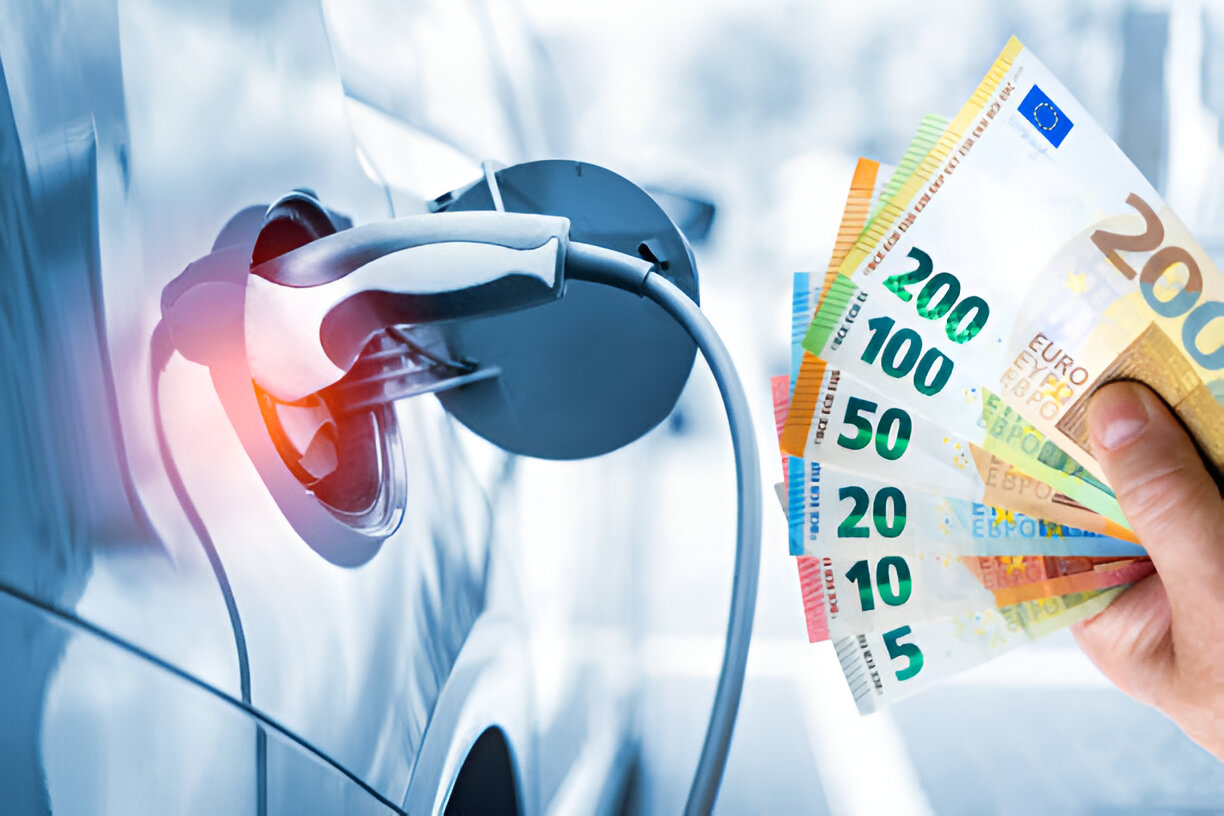

EV Incentives and Tax Credits: What You Can Save
As the world shifts towards more sustainable energy solutions, electric vehicles (EVs) have become a popular choice for environmentally conscious consumers. Not only do EVs offer a greener alternative to traditional gasoline-powered cars, but they also come with a range of financial incentives and tax credits designed to make them more affordable. If you’re considering making the switch to an electric vehicle, here’s a breakdown of the potential savings you could enjoy.
Federal Tax Credits
In the United States, one of the most significant incentives for purchasing an electric vehicle is the federal tax credit. The federal government offers a tax credit of up to $7,500 for new EV purchases. The amount you receive depends on the battery capacity of the vehicle. However, it’s important to note that this credit begins to phase out once a manufacturer sells 200,000 qualifying vehicles. As of late 2023, some manufacturers like Tesla and General Motors have already hit this threshold, so be sure to check the current status of the credit for your chosen vehicle.
State Incentives
In addition to federal tax credits, many states offer their own incentives for electric vehicle buyers. These can range from additional tax credits and rebates to reduced registration fees and carpool lane access. For example, California offers a Clean Vehicle Rebate Project (CVRP) that provides rebates ranging from $1,000 to $7,000, depending on the vehicle and the applicant’s income. Similarly, New York’s Drive Clean Rebate offers up to $2,000 for eligible EV purchases. It’s crucial to research the specific incentives available in your state, as they can significantly reduce the overall cost of your EV.
Local Utility Incentives
Some local utility companies offer incentives to encourage the adoption of electric vehicles. These incentives may include rebates on home charging equipment, discounted electricity rates during off-peak hours, or even cash rebates for the purchase of an EV. For instance, certain utility providers in Texas offer rebates of up to $2,500 for EV buyers. Checking with your local utility company can uncover additional savings and benefits.
Reduced Operating Costs
Beyond the initial purchase incentives, electric vehicles typically have lower operating costs compared to traditional vehicles. EVs generally require less maintenance because they have fewer moving parts, and there’s no need for oil changes. Moreover, electricity is often cheaper than gasoline, potentially leading to significant savings on fuel over the life of the vehicle.
Conclusion
Investing in an electric vehicle not only contributes to a cleaner environment but can also offer substantial financial benefits. By taking advantage of federal and state tax credits, local utility incentives, and reduced operating costs, EV owners can experience significant savings. As the infrastructure for electric vehicles continues to expand and technology advances, the financial and environmental benefits of driving electric will only grow. Before making your purchase, be sure to explore all available incentives to maximize your savings and enjoy the many advantages of owning an electric vehicle.
Add a comment Cancel reply
Comments (1)
Provincial EV Incentive Programs and Rebates Across Canada (2024-2025) - EVTRADE
[…] provinces offer diverse electric vehicle (EV) incentive programs to encourage sustainable transportation. This comprehensive guide breaks down the current EV […]
Categories
- Car News (10)
- Car Reviews (7)
- Educational Tips (7)
- Electric Cars (9)
- EV Battery (1)
- EV Charging (8)
- EV Testing (3)
- Uncategorized (28)
Recent Posts
Related posts


EV Myths vs Facts What You Really Need to Know

The Green Revolution How EVs Are Leading the Way









